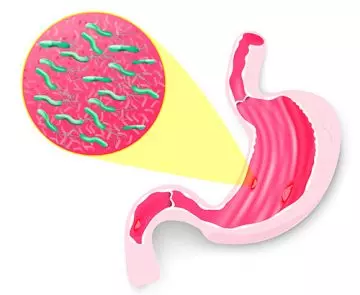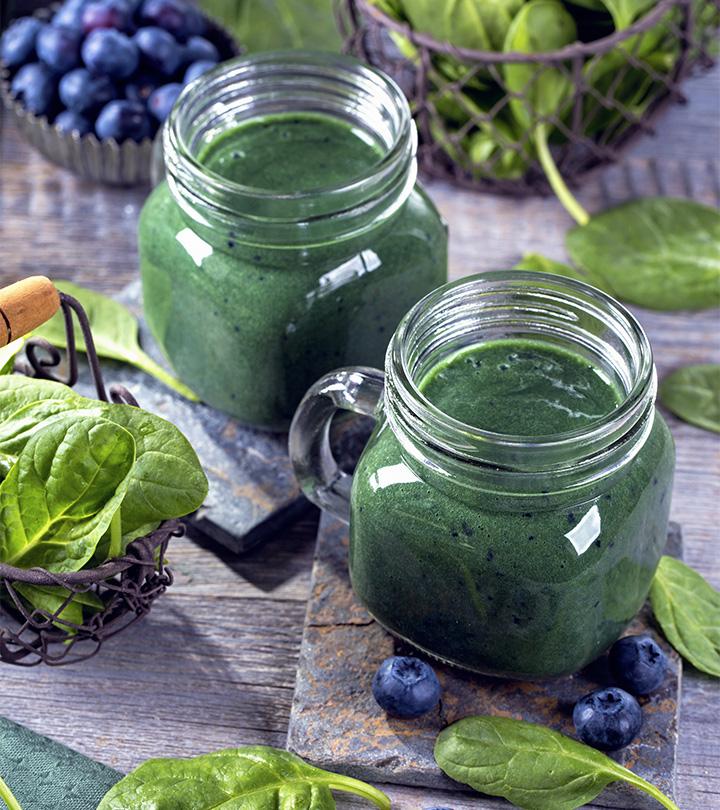Do You Feel Bloated All The Time? Here’s Why!

Image: ShutterStock
Bloating, abdominal discomfort and gassiness are very common complaints in both adults and children. Bloating is a condition where our abdomen feels uncomfortable all the time and gaseous as well. You may also notice a slight swelling in your abdomen.
Here are some of the most common reasons for feeling bloated all the time:
1. Irregular Mealtimes
One of the most common causes of bloating is eating at irregular timings; your digestion suffers a lot due to this. It also causes a high rise in the blood sugar and insulin levels. Skipping breakfast, starving for longer hours, or having very heavy food just before sleeping at night are some of the bad eating habits and following them regularly will result in feeling tired and bloated all the time.
The human body runs the best with proper and consistent meal times. Try to have your breakfast within an hour of waking up, a regular mid-day lunch, and dinner before 8 pm. Include healthy snacks in the middle, if required.
[ Recommended Read: Top 10 Home Remedies For Gas & Bloating Which Actually Does Wonders ]
2. Insulin Resistance
Insulin is the hormone that is released from the pancreas into the blood in response to glucose. When insulin is released in a normal and healthy body (i.e. non-insulin resistant), the hormone triggers our body’s cells to utilize the fats and glucose from the blood.
Insulin resistance develops when the cells stop responding to the hormone, resulting in more secretion of insulin in the body, eventually causing high blood pressure.
Some of the most common symptoms of insulin resistance include weight gain, tiredness, an increase in appetite, craving for sweets and carbohydrates, and feeling bloated all day long, especially during sleep.
There are tests that help in confirming insulin resistance, and the condition is treatable and reversible with the help of exercise and some changes in the diet. If you are suffering from insulin resistance, lower the consumption of sugar and carbohydrates in your food, and focus more on having fiber, healthy fats and vegetables. Exercising regularly also helps a lot.
3. Food Intolerances
Food intolerance does not cause any immediate response such as itching or swelling, like that of food allergy. Instead, it causes a delayed reaction to a particular food. Food intolerance also causes inflammation and immune stress, which cause bloating.
Some of the main causes of food intolerances are corn, wheat, dairy products, nuts and certain fruits such as pineapple, banana, and other citrus fruits.
You can recognize food intolerance with the help of blood test. Normally, bloating caused due to food intolerance improves within a month or two of eliminating the foods causing intolerance.
4. Improper Food Combination
Were you aware of the fact that the types of food that you eat together also affect your digestive system?
When the food combination is not proper, it may slow down your digestive system and can result in indigestion, gases and bloating. An example of improper food combination is having a watermelon or a fruit salad directly after eating fish curry!
Go for a proper food combination and check how you feel. You may notice that your digestion has improved.
You can also watch this video and try one of these home remedies to get rid of gas problems.
5. Intestinal Yeast Overgrowth
Intestinal overgrowth is very common and is usually caused due to long-term antibiotic use.
Some of the common scenarios include – multiple rounds of antibiotics for tonsil infections, for acne, for ear infections, or due to long-term antibiotic use for urinary tract infections.
These antibiotics alter the enzymes produced by the pancreas by allowing the yeasts to take over them. And when there is too much of yeast in the body, you’ll always feel gassy and bloated. The science behind this is yeasts, which are opportunistic organisms, ferment the food, and thereby allow gas formation.
This can be treated by rebalancing the intestinal flora with the yeast cleansing method. The treatment includes intake of probiotics to replenish the intestinal flora, taking supplements that kill yeast, and maintaining a no-sugar diet.
6. Celiac Disease Or Gluten Sensitivity
Celiac disease is a more serious form of gluten intolerance. Gluten intolerance is caused mainly due to the massive changes in wheat over the past 60 years, and due to high consumption of grains.
People who suffer from gluten sensitivity often complain of bloating, diarrhea and constipation, with or without gassiness.
Certain tests are available to check whether you are suffering from gluten intolerance or not. People suffering from vitamin B12 are more susceptible to gluten intolerance and celiac diseases.
A gluten-free diet is strictly recommended if you are suffering from the above. There are a number of alternatives available to gluten such as quinoa, sweet potato, squash, rice, and millet.
7. Digestive Enzymes Deficiency
Pancreas produces digestive enzymes that help with the breakdown of food into forms such as carbohydrates, fats, proteins and lactose that are easily absorbed by the body.
The insufficient production of digestive enzymes results in abdominal pain, bloating and improper bowel movement.
Consuming digestive enzymes along with the meals and a strict no-no to the dairy products is a temporary treatment to recover this deficiency. However, you can treat this imbalance by encouraging your body to produce digestive enzymes on its own.
8. Bacterial Overgrowth Or Parasites And Other Causes Of Dysbiosis
Inheriting an imbalance in the digestive system is very common. Along with this imbalance, patients also carry some parasites and pathogenic bacteria in their intestinal tract. With this digestive imbalance, your body also gets affected with some other diseases such as diarrhea and sudden weight loss.
Once you identify that your body is suffering from bacterial overgrowth or even parasites, it becomes much simpler for a Naturopathic doctor to treat it.
It is not at all normal to feel bloated all the time. It can be easily treated, and I hope this brief article has given you a head start to improve your digestive health!
Image Credit: www.shutterstock.com

























